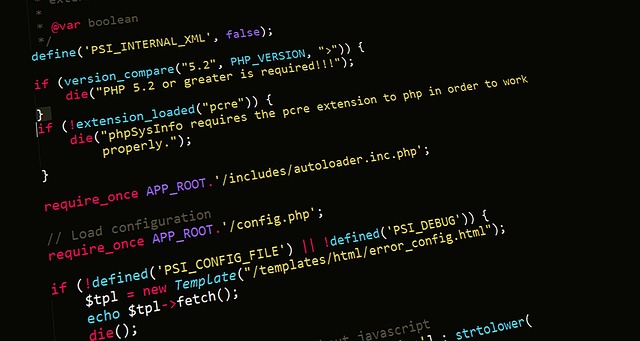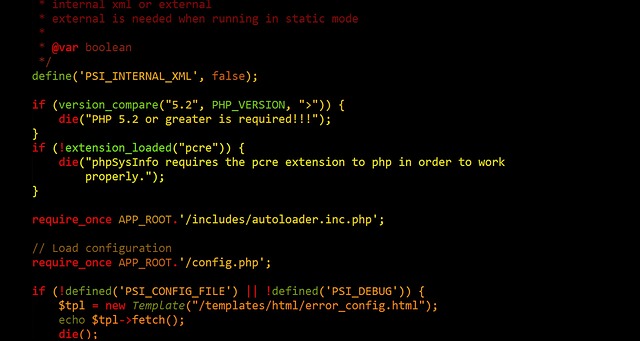Joomla is one of the most popular content management systems (CMS) used today. It is known for its ease of use and flexibility, making it a great choice for many webmasters. But does Joomla use MySQL as its underlying database?
The short answer is yes, Joomla does use MySQL for its database. Joomla is built on the MySQL database, and it is the most popular choice for running Joomla sites. While other databases such as PostgreSQL and Oracle are supported, MySQL is the most commonly used database by Joomla users.
In this article, we’ll discuss why Joomla uses MySQL, the advantages and disadvantages of using MySQL, and how to configure it with your Joomla site.
Why Does Joomla Use MySQL?
Joomla is built on the MySQL database because it is a powerful, reliable, and easy to use database. MySQL is an open-source database that is free to use, which makes it an attractive choice for many webmasters. Additionally, it is optimized for web applications, meaning it is well-suited for powering a website.
MySQL is also highly scalable, meaning it can easily handle large amounts of data with minimal performance impact. It is also secure, making it a great choice for storing sensitive information.
Advantages of Using MySQL with Joomla
The most obvious advantage of using MySQL with Joomla is that it is free to use and open-source. Additionally, MySQL is a highly reliable database and is optimized for web applications, making it well-suited for powering a Joomla site.
MySQL is also highly scalable and secure, meaning that it can handle large amounts of data without any performance issues. Additionally, MySQL is easy to use and configure, making it a great choice for many webmasters.
Disadvantages of Using MySQL with Joomla
The main disadvantage of using MySQL with Joomla is that it is not as powerful as other database solutions such as Oracle or PostgreSQL. Additionally, while MySQL is secure, it is not as secure as other solutions such as Oracle.
Additionally, MySQL is not always the most efficient database solution. It can be slower than other solutions, and it is not always the best choice for large-scale applications.
How to Configure MySQL with Your Joomla Site
Configuring MySQL with your Joomla site is relatively straightforward. The first step is to install MySQL on your web server. Most web hosting companies provide a web-based control panel, such as cPanel, that allows you to easily install MySQL.
Once MySQL is installed, you’ll need to configure your Joomla site to use it. This can be done through the Joomla control panel. You’ll need to enter the MySQL database details, such as the database name, username, and password, into the relevant fields.
Once the database details are entered, you’ll need to configure the database tables. This can be done through the Joomla control panel or through a web-based tool such as phpMyAdmin.
Conclusion
In conclusion, Joomla does use MySQL as its underlying database. MySQL is an open-source database that is free to use, making it an attractive choice for many webmasters. Additionally, it is optimized for web applications, making it a great choice for powering a Joomla site.
Configuring MySQL with your Joomla site is relatively straightforward. You’ll need to install MySQL on your web server, enter the database details into the relevant fields in the Joomla control panel, and configure the database tables.
Overall, MySQL is a great choice for powering a Joomla site. It is free to use, reliable, secure, and easy to configure. Additionally, it is highly scalable, meaning it can easily handle large amounts of data without any performance issues.









